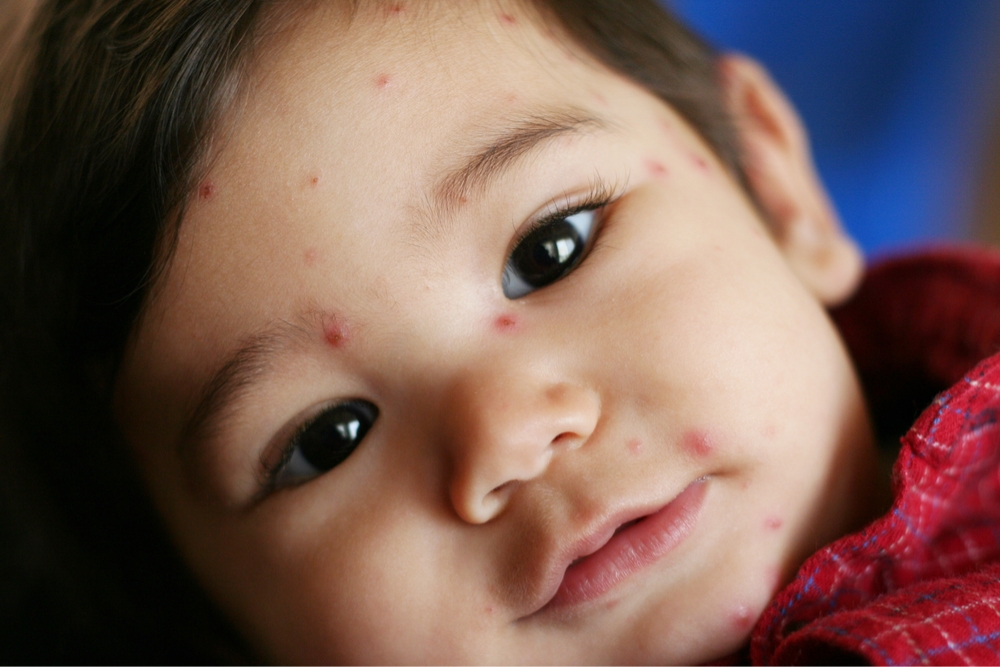Chicken pox is a common childhood illness that is caused by the varicella-zoster virus. It is highly contagious and spreads easily through direct contact with an infected person or through the air when an infected person coughs or sneezes. The disease is characterized by a rash of itchy, fluid-filled blisters that appear on the skin.
The Origin of the Name

So why do they call chicken pox chicken pox? The name actually has nothing to do with the bird. Instead, the name comes from the old English word "giccin," which means "itching." The disease was originally called "giccin pox," which later evolved into "chicken pox."
The History of Chicken Pox

Chicken pox has been around for centuries, and it was not always recognized as a distinct disease. In fact, it was often confused with smallpox, which is a much more serious and deadly disease. It wasn't until the 18th century that chicken pox was finally recognized as a separate disease.
The Symptoms of Chicken Pox

The symptoms of chicken pox typically appear 10 to 21 days after exposure to the virus. The first symptoms are usually fever, headache, and a general feeling of malaise. Within a day or two, the characteristic rash appears on the skin, starting as small red bumps that quickly turn into fluid-filled blisters. The blisters then scab over and heal within a week or two.
The Treatment of Chicken Pox

There is no cure for chicken pox, but the symptoms can be managed with over-the-counter pain relievers, anti-itch creams, and cool compresses. It is also important to keep the skin clean and dry to prevent infection. In severe cases, antiviral medications may be prescribed to help speed up the healing process.
The Complications of Chicken Pox

While chicken pox is usually a relatively mild illness, it can sometimes lead to serious complications, especially in people with weakened immune systems. These complications can include bacterial infections, pneumonia, encephalitis, or even death.
The Prevention of Chicken Pox

The best way to prevent chicken pox is through vaccination. The varicella vaccine is a safe and effective way to protect against the virus, and it is recommended for all children and adults who have not had the disease. In addition to vaccination, good hygiene practices, such as washing hands frequently and avoiding close contact with infected individuals, can also help prevent the spread of the virus.
The Social Stigma of Chicken Pox

Because chicken pox is a highly contagious disease, people with the illness were often ostracized and forced to stay home from school or work. This social stigma has largely disappeared with the widespread use of the varicella vaccine, but it is still important to take precautions to prevent the spread of the virus.
The Future of Chicken Pox
Thanks to the widespread use of the varicella vaccine, the incidence of chicken pox has decreased significantly in recent years. However, the virus still exists and can cause outbreaks in unvaccinated populations. Ongoing research is focused on developing new vaccines and treatments for the disease.
The Bottom Line

Chicken pox is a common childhood illness that is caused by the varicella-zoster virus. The name "chicken pox" comes from the old English word "giccin," which means "itching." While there is no cure for chicken pox, the symptoms can be managed with over-the-counter medications and good hygiene practices. The best way to prevent chicken pox is through vaccination, and ongoing research is focused on developing new vaccines and treatments for the disease.